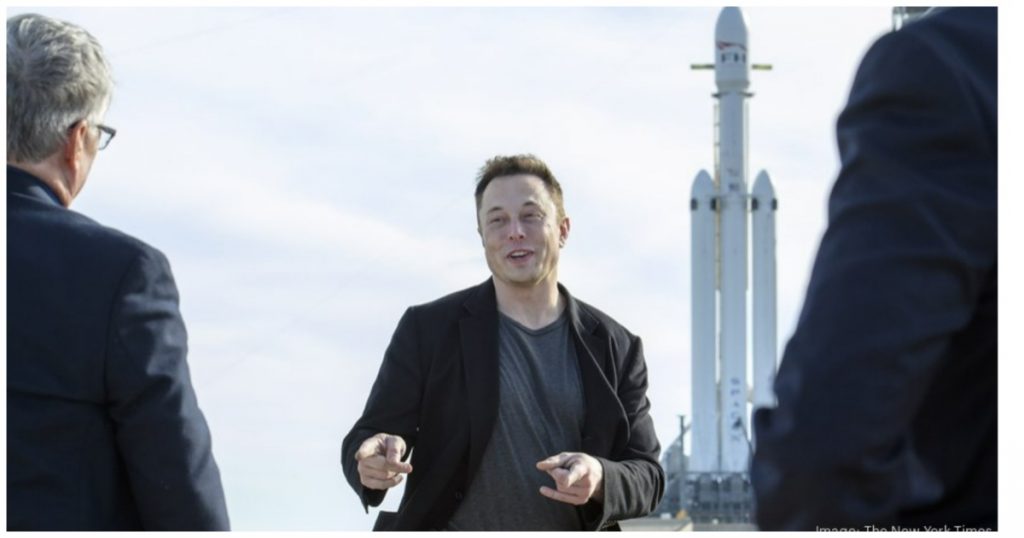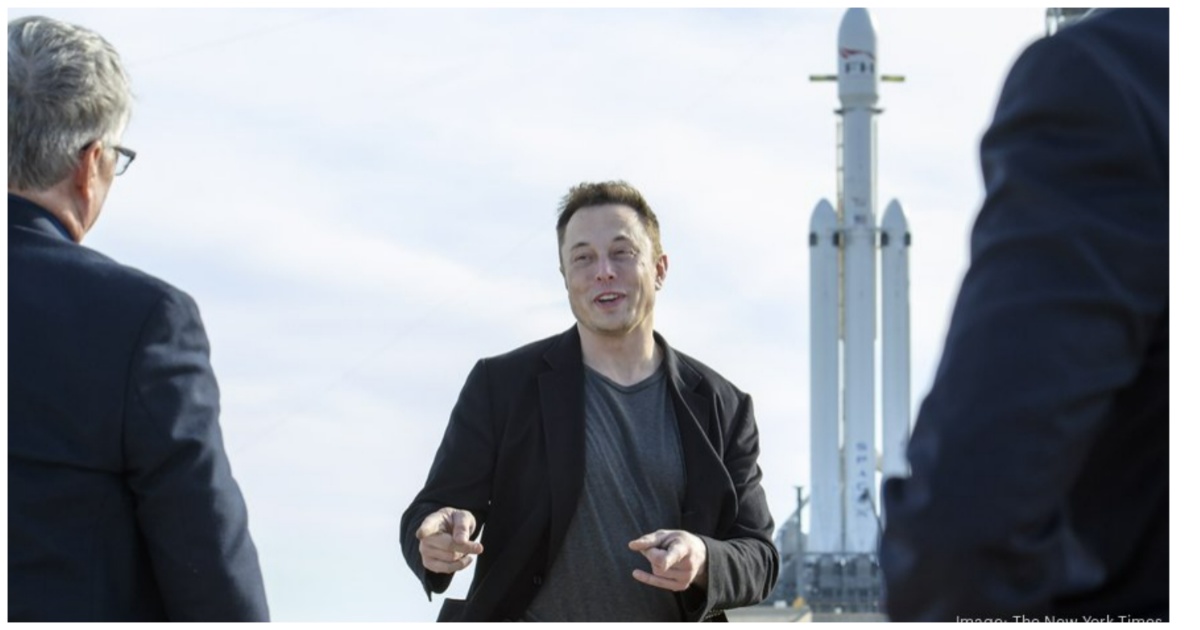SpaceX has upturned the space industry. It had doubled its own record of rocket launches last year, and has also carried out more launches than any other government or space entity in the world. And while it takes years of research, effort and the contributions of thousands of people to build the world’s most successful rocket company, one thing that’s helped the company reach where it has is Elon Musk’s ‘Idiot Index’.

Elon Musk had come up with something called the Idiot Index, which helps SpaceX generate cheaper components for its rockets, his biography reveals. “[Musk developed] the “idiot index,” which calculated how much more costly a finished product was than the cost of its basic materials. If a product had a high idiot index, its cost could be reduced significantly by devising more efficient manufacturing techniques,” his biography says.
The Idiot index, in other words, was the ratio of the total cost of a component to the cost of its raw materials. Something with a high idiot index—say, a component that cost $1,000 when the aluminum that composed it cost only $100—was likely to have a design that was too complex or a manufacturing process that was too inefficient.
It turned out that many parts on traditional rockets had very high Idiot Indexes. When Musk began calculating the cost of carbon fiber, metal, fuel, and other materials that went into making rockets, he discovered that the finished product, using traditional manufacturing methods, cost at least 50x more than that.
But SpaceX looked to change that. While most space organization buy parts from as many as 1,200 suppliers for a single mission, SpaceX looks to build 80-90 percent of the parts itself. It analyses each part, sees if it can be made better or for cheaper, and then builds it itself. SpaceX employees also seem to look at unconventional ways to cut costs — instead of spending $75,000 on new air-conditioning chillers for the ground equipment building, an employee once found a deal on eBay for $10,000. SpaceX also lobbied to change regulations on a crane to be used for lifting the Falcon, and managed to get its price down from $3 million to $300,000. And when bids for a traditional concrete trench to guide the rocket flames away from the pad came in at about $3 million, SpaceX engineers and designers built their own custom solution that was just 1/10th of the original price.
It’s this first principles thinking that’s behind Elon Musk’s Idiot Index philosophy. Musk isn’t content to take anything at face value, and is always questioning and trying to do things better and for cheaper. And that calculation — represented succinctly by the Idiot Index — seems to have helped him build some of the most iconic companies in the world.
